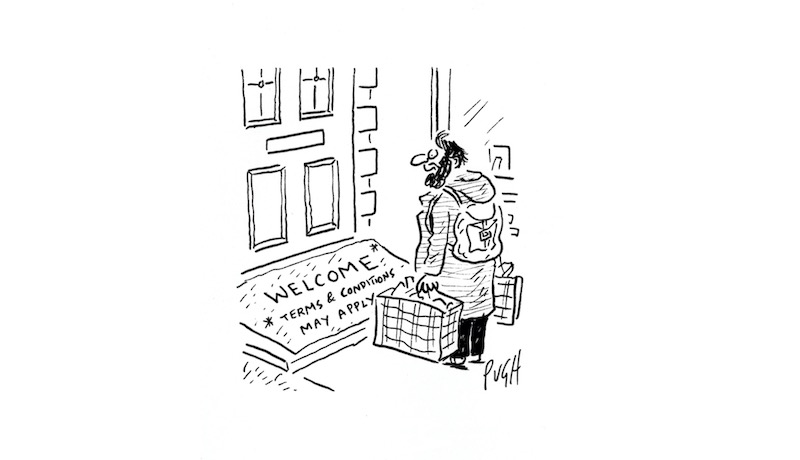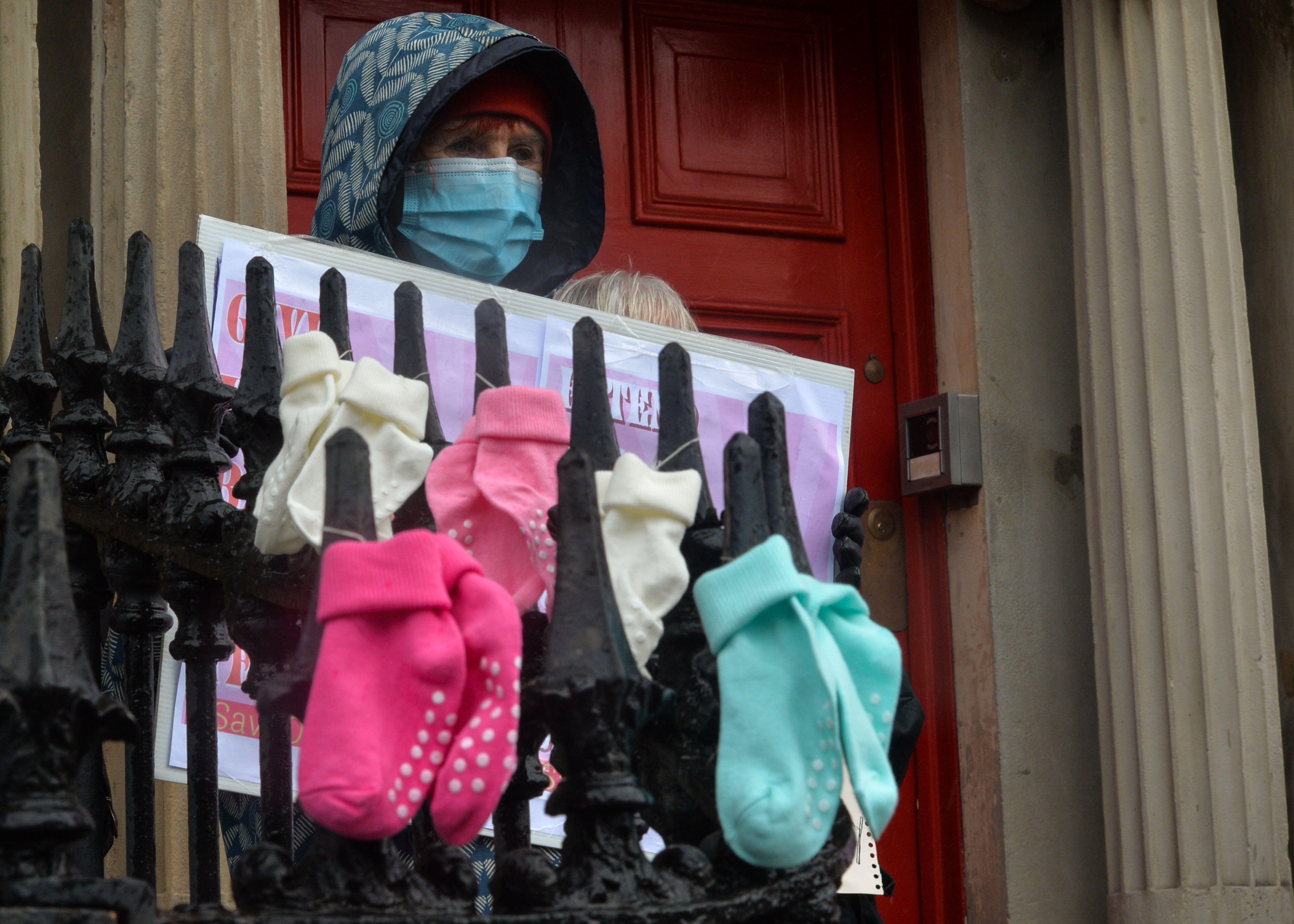The leader of the Religious Sisters of Charity in Ireland has spoken publicly for the first time about the row over the order’s involvement in the National Maternity Hospital in Dublin.
In a new documentary aired this week by the Irish state broadcaster RTÉ, Sr Patricia Lenihan said that contrary to popular belief, the order had no role in conversations about any imposition of a Catholic ethos on the proposed new hospital.
The national maternity hospital is being moved from its city centre location and the new facility will be co-located on land owned by St Vincent’s Hospital in Dublin, which was founded by the Religious Sisters of Charity.
Asked whether there was ever a question of a Catholic ethos being imposed on the new maternity hospital, Sr Lenihan said, “We were never, ever involved in any of those conversations, ever.”
The sisters offered the site for the building of the new national maternity hospital in the grounds of St Vincent’s, but in the heat of the national debate about the repeal of the Eighth Amendment to legalise abortion, the offer drew public anger and suspicion.
Sr Patricia told broadcaster Dearbhail McDonald in the documentary how distressing the coverage of the issue had been for the RSC, particularly older members who had dedicated their lives working in the hospital.
“It was a very intense period and it was very distressing and painful. What was very distressing was to watch the Sisters who gave their life to serving in Vincent's Hospital and was this to be their legacy? Is this what the congregation was to be remembered for?”
“I think people were reacting to the power that the Church had over their lives for decades. And a Church that professes the love of God, the people who represented that love of God that wasn't there in many, many cases, and the hurt and the damage that was done to people. I think people were probably reacting to the whole history of that within the state.
Part of the public backlash against the Religious Sisters of Charity was because the order ran two Magdalen laundries in Dublin and Cork.
In the documentary, Sr Patricia stressed that the RSC resigned from the board of St Vincent’s in 2017.
“Two of our sisters were on the board. They stepped back and since 2017, there's been no Sister of Charity at a board meeting in St Vincent's Hospital. So when they were talking about the National Maternity Hospital, we were not involved in any of those conversations.”
Asked if she understood the anger vented against the order over its role in the laundries, Sr Patricia said: “I think that we would have regrets that people were hurt, that people suffered, we would have regrets about that, but we wouldn't have regrets about trying to answer the needs of the poor.”
Speaking to The Tablet, broadcaster Dearbhail McDonald said she believed the RSC agreed to speak to her perhaps because they “felt more free to do so now that the share transfer is complete and they have fully exited their healthcare mission, vesting substantial land and healthcare facilities valued at more than €200m to a new company, St Vincent’s Holdings CLG”.
She added: “Like many female religious orders, the RSC - founded in 1815 - are contemplating their future and legacy.”
The Last Nuns of Ireland was one of two programmes which looked at the current profile of priests and nuns in Ireland, where the average age of priests is now over 70 and for nuns is over 80. Vocations have dropped dramatically.
Actor and comedian Ardal O’Hanlon explored the role of Catholic clergy in Ireland while journalist and broadcaster McDonald looked at the role and legacy of religious sisters in Irish life and asked what if these are the last priests and nuns in Ireland.
Writing in The Guardian, McDonald notes: “The Irish government is currently locked in ‘confidential’ negotiations with female religious orders that ran ‘mother and baby homes’ over how much those orders should pay towards an €800m compensation scheme for survivors.
“The talks come ahead of the excavation of the remains of potentially hundreds of dead babies that were discovered in a septic tank on the grounds of a former home in Tuam, Galway. Horrors such as Tuam still have the capacity to shock this scandal-fatigued island – and that’s before they bring the bodies up.
“But whether we like it or not, the Catholic church was integral to the foundation of the Irish nation. Priests and nuns, particularly the latter, built schools, hospitals and social care services at a time when the state could not, cementing the dominance and control of the Vatican over every aspect of Irish life.”



 Loading ...
Loading ...